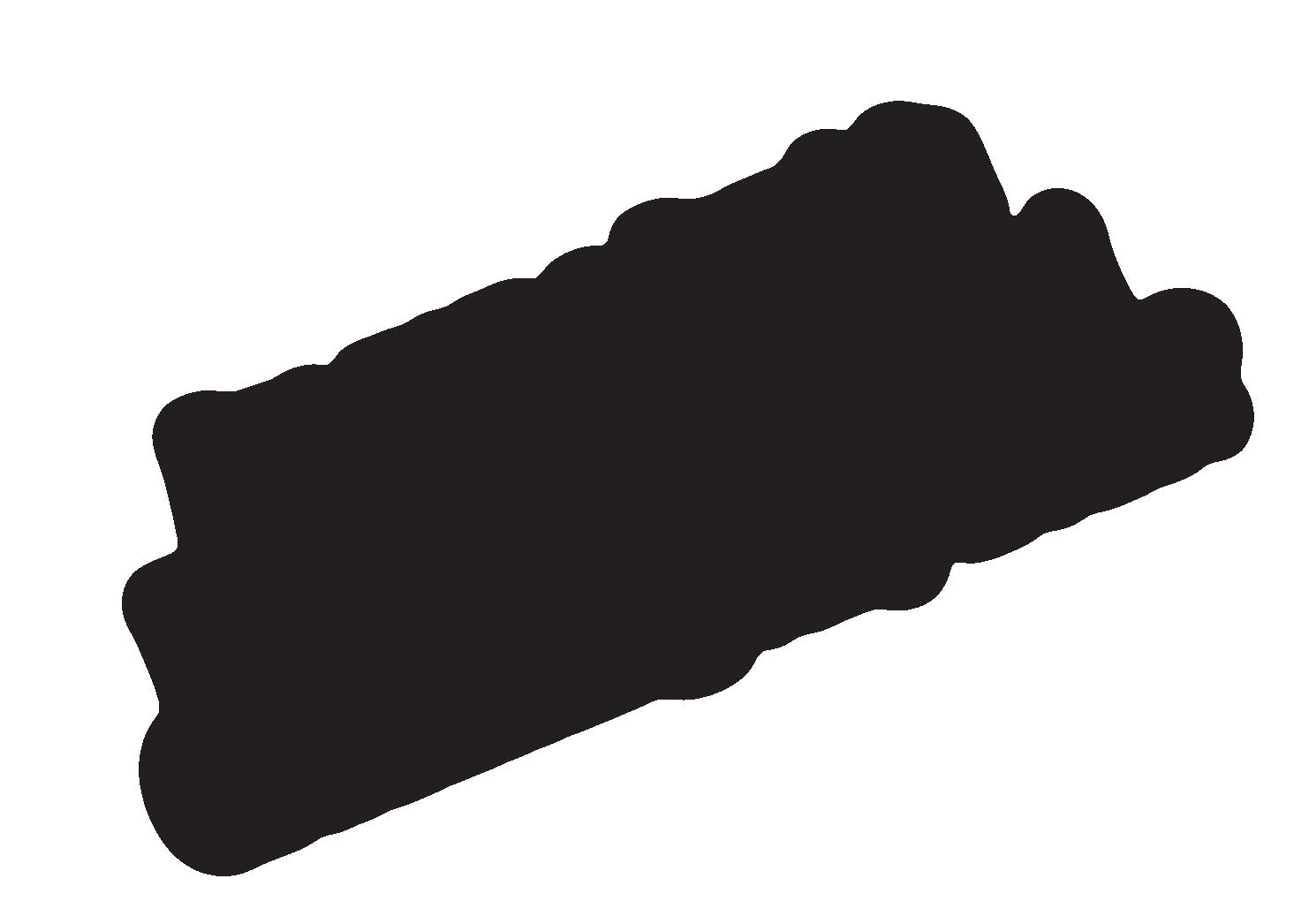
3 minute read
The greatest legacy one can leave
Rabbi Ammos Chorny
Most of us have given thought to estate planning, but what about legacy planning? We all want to leave a legacy. Much of the reason for our strong desire to accumulate wealth—and our sorrow at losing it—comes from our deep-seated need to be remembered once we depart this world. For some, a legacy is of utmost importance.
Having died in 2005, billionaire Edward Reichman left his family two envelopes; one to be opened immediately after his death and one to be opened after shloshim. The first envelope contained a letter to his children.
“Children, I have one simple request before I am buried. Please bury me in my socks.” The children told this to the Chevra Kadisha, who refused to honor his request. The children were disappointed they couldn’t fulfill their father’s last request.
After the shloshim, they opened the second envelope and there was the following letter.
“My dear children, by now you must have buried me without my socks. I wanted you to truly understand that you can have $1 billion, but in the end, you can’t even bring your socks with you when you pass on. You only get to bring your good deeds.”
In a Forbes article, Daniel Scott noted that, “Estate planning is dead,” pointing out that instead of worrying about where one’s assets go after death, there is a new focus on “legacy planning.”
He writes, “Legacy planning recognizes that you are more than what you own; it recognizes that you are the sum total of your life experiences. It measures your wealth, not just in terms of financial capital, but in terms of your human capital— who you are in terms of your knowledge, values, relationships and spiritual beliefs, as well as your contributions to society. More importantly, legacy planning is about life, not death... Legacy planning empowers you to choose the life you want to ultimately leave behind and write the story you want others to tell when you are gone.”
On Sukkot, we read Kohelet, King Solomon’s legacy of wisdom. “Thus, I hated all my achievements laboring under the sun, for I must leave it to the one who succeeds me.”
He wasn’t all that enthusiastic about his son, Rechovam.
The famous commentator, Rav Saadiah Gaon, explains, “When a person leaves his fortune to righteous children, he does it with joy. But if his children are wicked, he weeps.”
Your legacy are the children and grandchildren who speak at your funeral and cry for you as they remember you.
Therefore, ask yourself, what would you rather leave to your children—Kodak stock or Kodak moments? Money is good, but memories live on and serve as reminders of our existence. As important as the money you may want to leave your children is, how they see what you do with your money teaches them in the most profound way what is really important.
You see, memories are created every moment. Some of the most important ones are even made when we’re totally unaware. And these, very often, are really the most valuable legacies we can leave to our children.
Thus, here’s my suggestion about our legacy; save the menorahs your children make in Religious School and use them on Chanukah. Maybe they will save your Seder plates and use them after you are gone. In your lifetime, let them see that you appreciate what’s truly valuable. In your passing, let them see the institutions you made bequests to, so that they will treasure them as well.
As Rav Saadiah teaches, what could be a greater legacy than having descendants who use their money to express our values? May we all be so fortunate!
Rabbi Ammos Chorny serves at Beth Tikvah in Naples.






